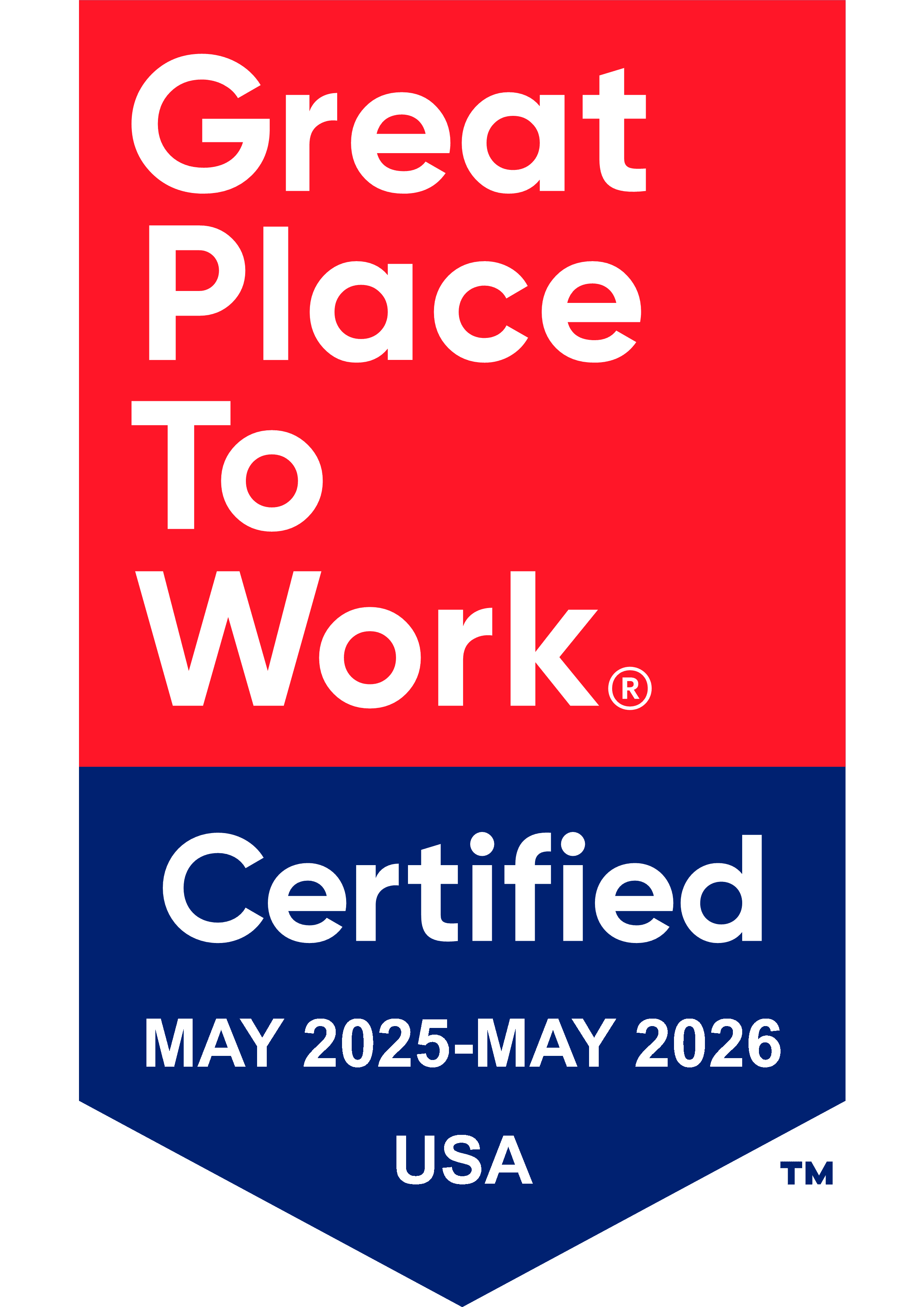
In anticipation of the Mid-Year Training Institute in Orlando, Florida, we are highlighting one Florida-based coalition per week over the course of a month. The effort and impact of the Drug Free Collier (DFC) coalition are highlighted in this edition.
The coalition serves Collier County which comprises the following communities: Immokalee, City of Naples, Everglades City, Golden Gate, North Naples and East Naples with an approximate population of 352,000 people. Over a third of the population are seasonal visitors. Although there is a median household income of $58,000, nearly 70 percent of the population is at or below the poverty line.
“Collier is unique in that it is residence to many of the wealthiest people in the world, but also some of the poorest and a small percentage representing middle class,” said Guy Blanchette, President and CEO. “Immokalee remains one of the poorest agricultural areas in the country. Everglades City, once an entry point for the illegal drug trade in the U.S., has struggled to transition to fishing and tourism. Naples proper continues as one of the wealthiest zip codes in the country. This disparity brings both unique challenges and opportunities.”
Blanchette noted that the coalition is proud of “Operational Medicine Cabinet,” a Take Back program that collects prescription medicine annually; however, he wanted to highlight the collaboration that reached over 45,000 students in Collier County. The local school district, sheriff’s department and mental health partners, such as the David Lawrence Center, created school programming and CORE clubs in each middle and high school in the county. The programs center around the “Life Skills” prevention curriculum, and utilize student leaders and a diverse delivery mechanism of subject matter experts, prevention specialists and the coalition’s unique NFL Alumni Ambassadors.
“The program was met with great reception and fanfare,” said Blanchette. “The difficult task was to overcome silos and previous hurdles. This was done by creating collaborations that benefited all involved and provided measurable outcomes. Content and delivery systems were established to ensure success of implementation.”
When asked what advice to give fellow coalitions, Blanchette stated: “our advice for other coalitions would be to believe that you can do things differently. With true partnership and understanding of stakeholder’s goals, you can plan a program that does not drain resources and can enhance existing ones.”

